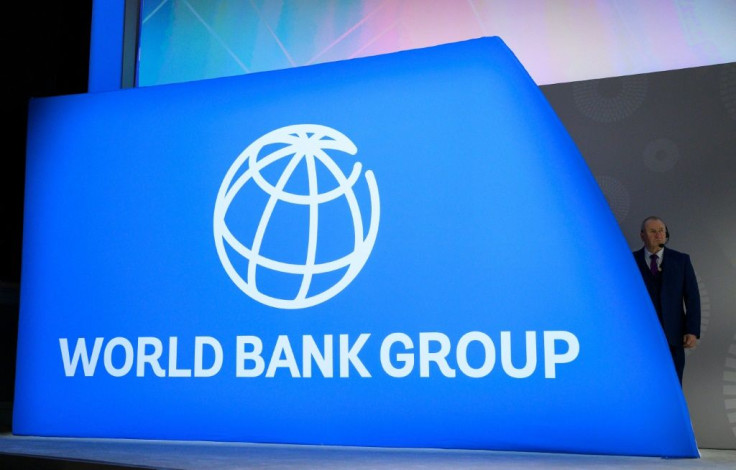World Bank Official Urges G20 To Extend Debt Relief
Warning that a true economic recovery from the global coronavirus pandemic remains "in the distant future," a top World Bank official on Friday urged G20 nations to extend debt relief for the poorest nations.
Cautioning policymakers not to "confuse rebound with recovery," newly-installed World Bank chief economist Carmen Reinhart called for an extension to the existing debt moratorium.
G20 finance ministers are set to hold a virtual meeting Saturday, and are expected to discuss the status of the debt relief initiative.
She called the initial step "useful" but said, "Sadly, that step hasn't gone as far as it has been hoped.
We are still awaiting private sector participation and the participation of members outside the Paris Club. It also has not been as extensive as hoped."
Governments in more developed nations need to have "the willingness to do something more encompassing" that includes "a greater share of the emerging markets, as well as the developing countries."

But Reinhart said she is "somewhat skeptical," and noted that China is a bigger creditor than the rest of the Paris Club combined, but offers little transparency on the amount of debt or relief being given.
She also called on the private sector to do more.
The Group of 20 governments in April agreed to a one-year debt standstill that the IMF and World Bank had pushed for to help the 76 most vulnerable economies, and called on private creditors to join in.
But the Institute of International Finance, a global private banking group, this week issued a progress report on the debt standstill for private creditors which noted that only a few borrowers have approached creditors with informal requests to avail themselves of the relief.
Reinhart said she also is concerned about "the disconnect between the raging COVID pandemic" with its serious impacts on economic activity and the behavior of financial markets, which have not reflected the "depth and duration of the deep economic downturn that we're in."
Stock markets have been buoyed in recent weeks by signs of resurging activity as economies have begun to reopen, but Reinhart said, "I think we have a tendency to confuse rebound, with recovery, a rebound after a collapse."
While output has bounced back, that "is not the same as true recovery" which remains "in the distant future."
© Copyright AFP 2024. All rights reserved.





















